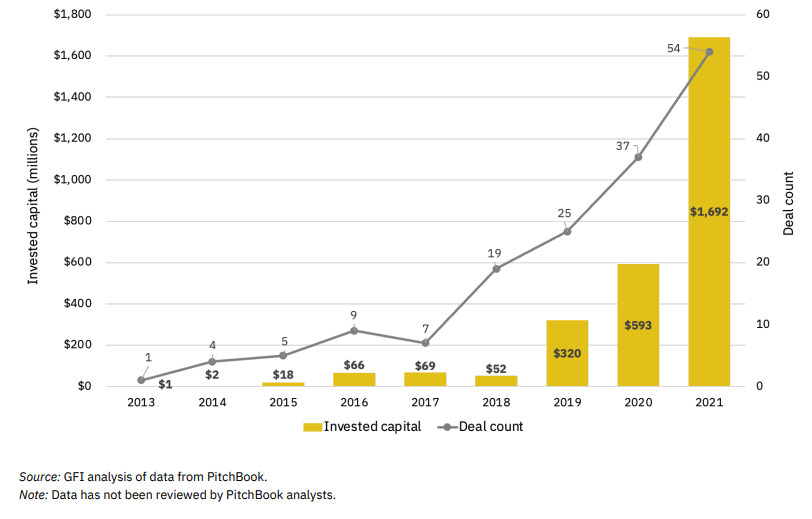New Culture, a company that uses precision fermentation to make animal-free casein, says it has reached a new manufacturing milestone that enables it to produce enough casein for 25 thousand pizzas worth of cheese per manufacturing run.
This new production milestone, which the company achieved through partnerships with external manufacturing partners, pushes the company’s production capacity far beyond its earlier development volumes and, according to New Culture, puts it on a trajectory to reach price parity with factory-farmed cheese within three years.
The push for a more environmentally friendly dairy has resulted in several startups chasing animal-free casein, which gives cheese its stretchy, melty properties. While there are a number of plant-based mozzarella cheeses on the market, New Culture’s mozzarella is the first made at production volume with animal-identical casein, the protein that gives cheese its melty, stretchy properties. In addition to actually tasting like cheese, New Culture and other makers of precision fermentation-created casein (like Change Foods and Standing Ovation) also promise that their animal-free cheese will be free of lactose, antibiotics, and cholesterol.
Looking forward, New Culture hopes to produce enough casein for more than 14 million pizzas’ worth of cheese and has plans to expand into other cheeses. If the company can reach its promise of price parity, it should be able to carve out a nice slice of an alternative cheese market projected to hit $9.6 billion by 2032.















